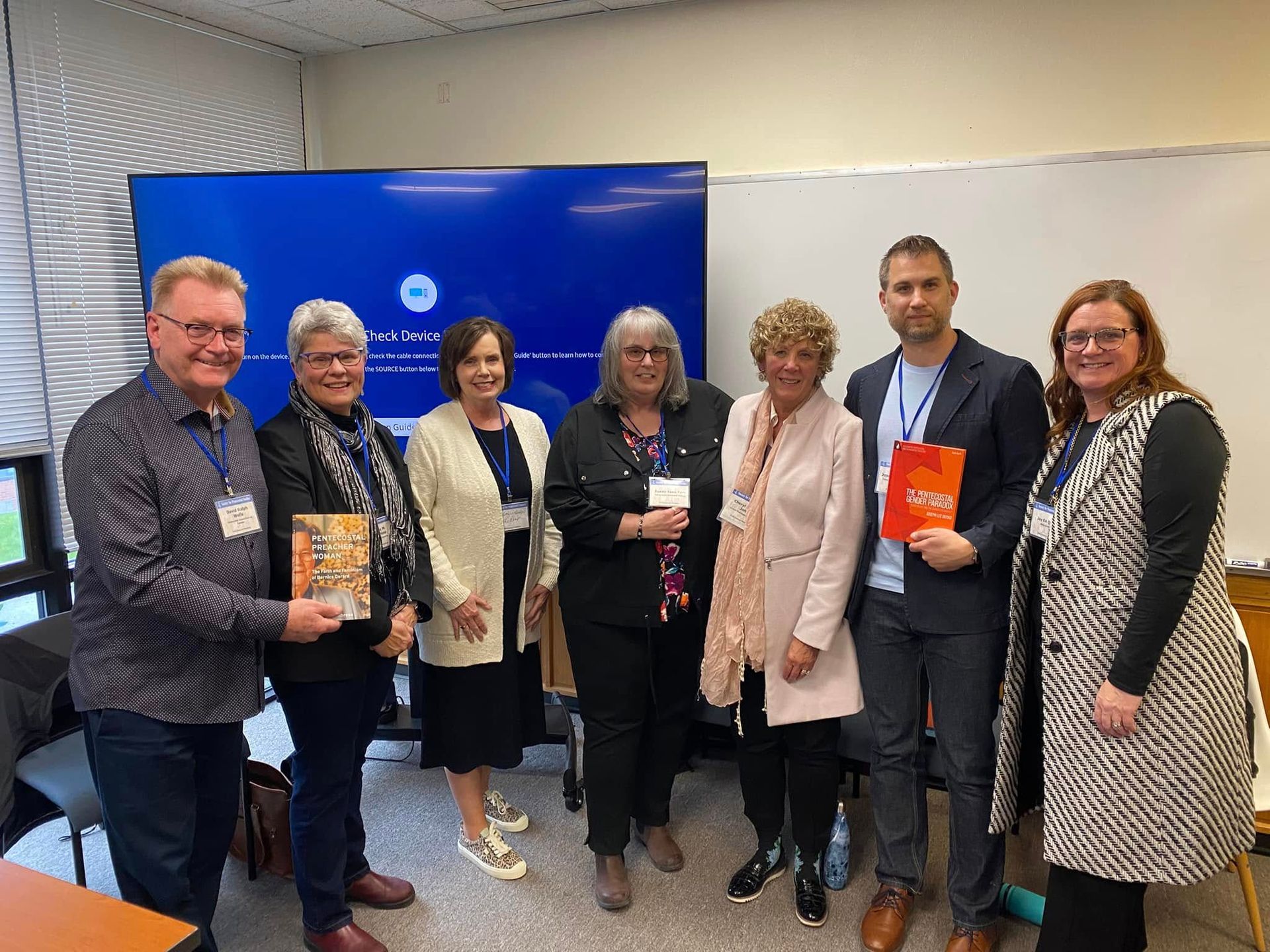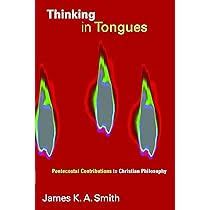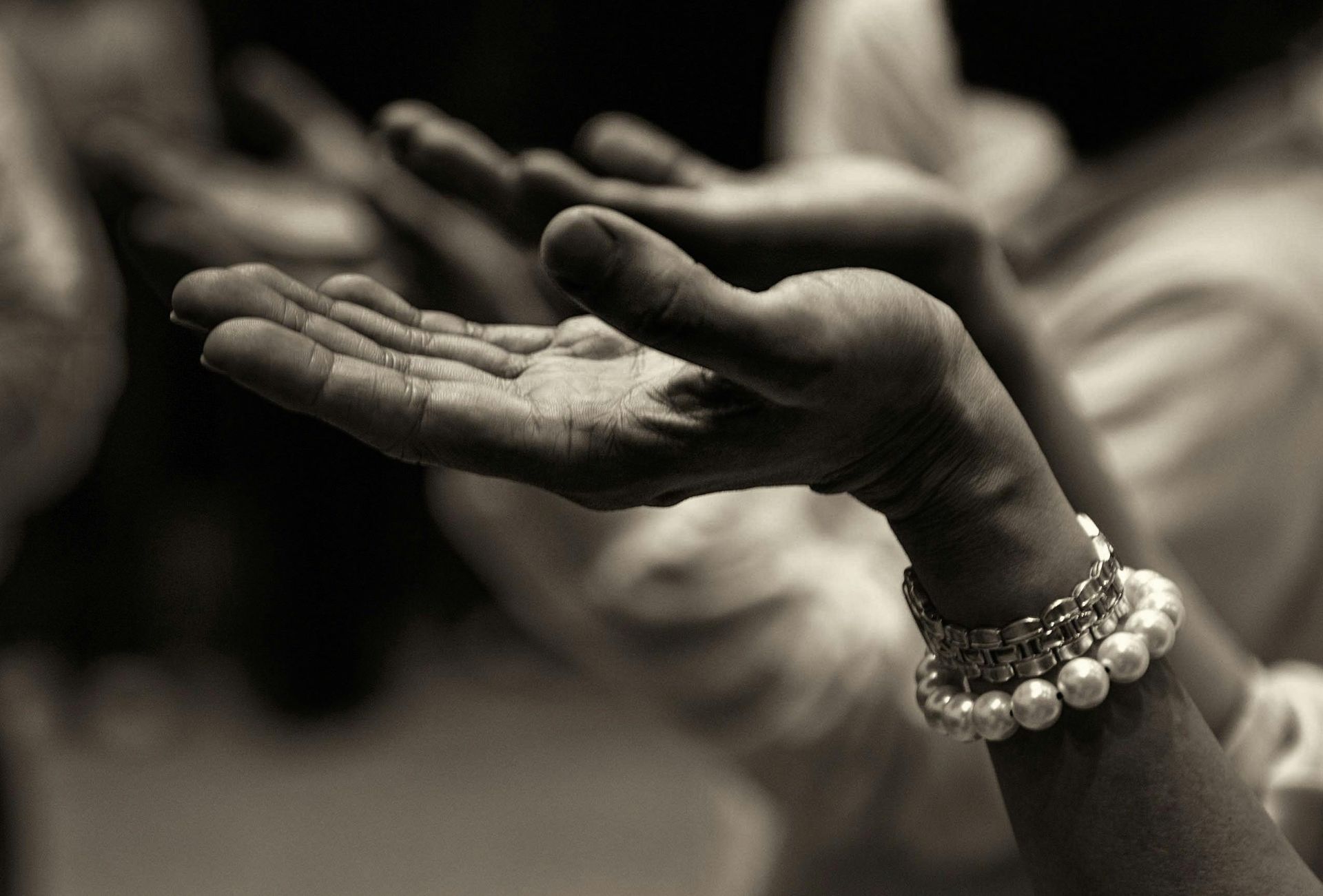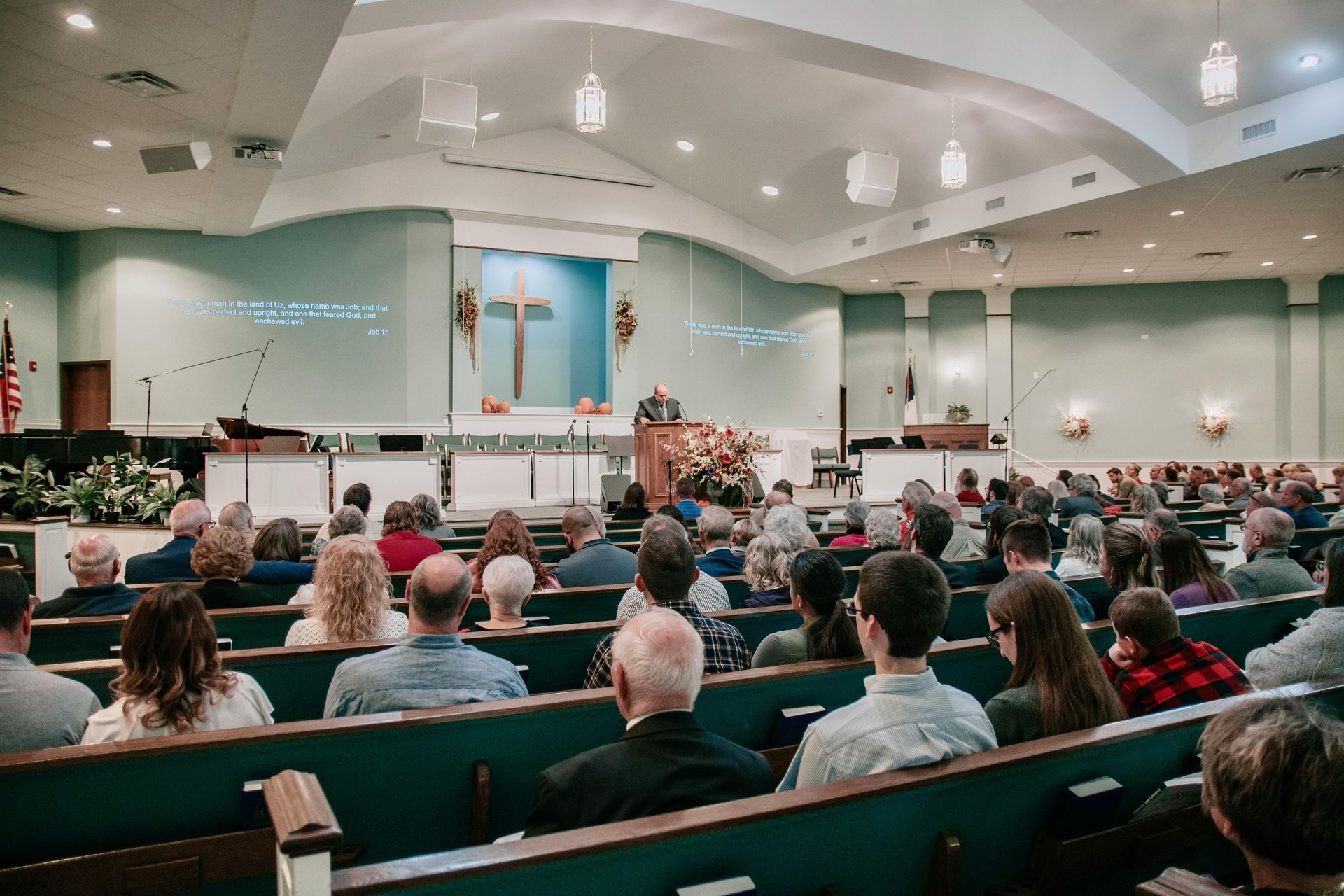Excerpt from Ch. 5: "Pre-Enacting the Promise"
An Excerpt from Chapter 5
Over the last few weeks I've been releasing short excerpts from each chapter of The Pentecostal Gender Paradox to give you a feel for the work.
Remember you can read the entire Introduction here.
Want to purchase? Info and discounts HERE.
Excerpt from Chapter 5:
"Pre-Enacting The Promise:
Solving the Gender Praxis Problem"
Note: footnotes not included in excerpt
Pages 191-92:
From section 5.4.1 "Pre-Enactment: Dialectical, Experiential, Experimental"
Pentecostal gender praxis as pre-enactment of biblical eschatological–egalitarian promises recognizes the dialectical (or circular) nature of the hermeneutical process. Pre-enacting eschatological promises is not the result of a linear progression from biblical interpretation to definitive practices; rather it is an integral part of an ongoing dialectical process between experiential praxis and biblical interpretation. That is why this and the following chapter are a continuation of the previous hermeneutical chapters and could just as easily precede as proceed them. The final chapters are not the application of a hermeneutic; they are the other half of the ongoing dialectic between a biblically inspired eschatological imagination and community participation in those eschatological realities, which aids the interpretive process. A linear hermeneutical model, common in many hermeneutics textbooks (even in Pentecostal schools), starts with arriving at the proper interpretation of a text and then moves toward applying it in practice as the final step. In this scenario, a study of the biblical text alone is enough to arrive at the meaning of the text; the resultant praxis does not factor into the interpretative process and in fact the hermeneutical task can be considered complete without the actual experience of practicing the text. This linear approach can be simplified as a “the-Bible-says-so” type of praxis where the goal is a re-enactment of what the readers interpret from the Bible.
Pentecostals historically and in contemporary scholarship place much more emphasis on the dialectical feature of praxis in biblical interpretation. Study of the biblical text alone is not enough. This is particularly true, argues Johns, when discussing the gender problem. As a Pentecostal woman reading the Scriptures, she laments: “I need more than ‘the right interpretation’ to save me from despair. . . . hermeneutics alone cannot save us.” Johns then creatively exhorts that we must move “beyond ‘what the text meant’ or ‘what the text means’ into the realm of ‘what new world is being created by the text’ and ‘how are women to be found in this new world’?” Interpretation of Scripture is influenced and validated by experience through praxis and vice versa in a dialectical encounter.
"devoid of practicing the biblical text, we will not understand the meaning of the text"
Pentecostal scholars argue that devoid of practicing the biblical text, we will not understand the meaning of the text, for the same Spirit who inspires the biblical message also inspires practices in line with the s/Spirit of that message. In his five elements of Pentecostal hermeneutics, Roger Stronstad uses experience as a sort of inclusio in the interpretive process, where the study of the text is preceded by experiential presuppositions and ends with experiential verification. Applied to eschatological praxis, the more the readers participate experientially—and experimentally—in the unfolding eschatological drama within the text, the more they can imagine and understand the full promises contained within the text. In this way, an eschatological Pentecostal praxis can be considered more experimental or even playful as it sheds light on the possible meaning of the text.
NEWSLETTER SIGNUP (blog post layout)
ABOUT JOSEPH
Pastor, Author, and sometimes pretends to be a scholar
Joseph (PhD, University of Birmingham) is the author of The Pentecostal Gender Paradox: Eschatology and the Search for Equality.
Since 2015, he and his wife have together pastored Oceanside Community Church on Vancouver Island, where they live with their four children.










